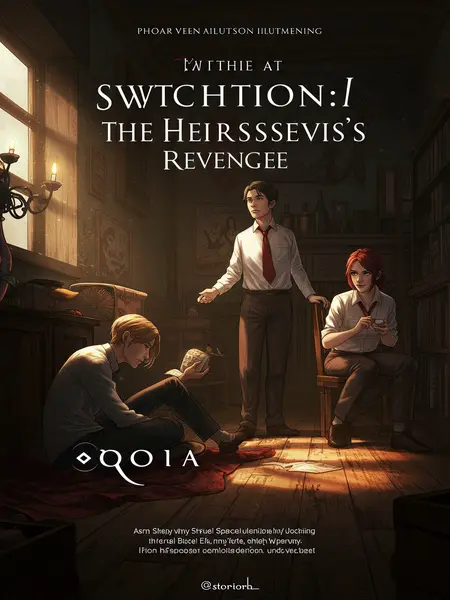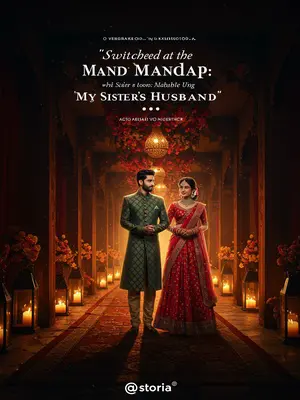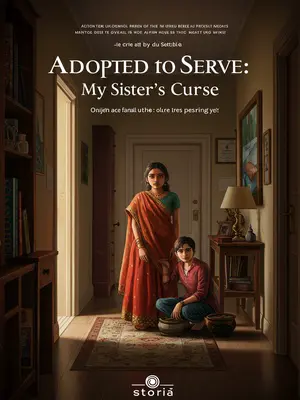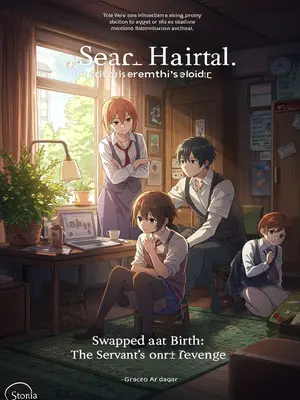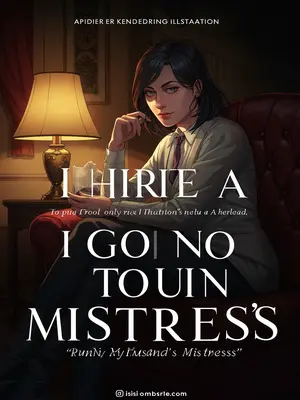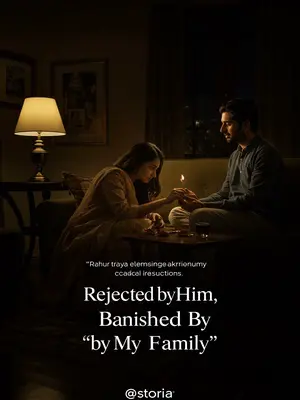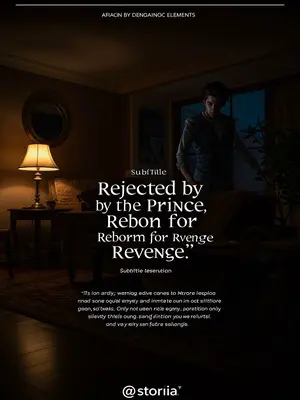Chapter 8: The Conference Room Showdown
That’s how the whole thing blew up.
Within hours, the story had spread like wildfire—WhatsApp groups buzzing, teachers whispering, even the chaiwala discussing it with his customers.
In the school’s largest conference room, a crowd gathered: the principal, vice principal, dean, class teacher, and reporters from various newspapers.
Even the peon lingered at the door, straining to catch every word, knowing this was the kind of story that could ruin reputations and careers.
Both the Kapoor and Mehra parents were present. Mr. and Mrs. Mehra stood protectively beside Neha, who looked aggrieved and angry, her face streaked with tears.
Mrs. Mehra clutched Neha’s hand, whispering, ‘Sab theek ho jayega, beta.’ Uncle Mehra’s jaw was tight, his eyes darting from the principal to the Kapoors.
Mr. and Mrs. Kapoor originally hadn’t wanted to come when they heard something had happened to me.
Mrs. Kapoor was more interested in her kitty party, and Mr. Kapoor only paused his call when the principal mentioned ‘media’ and ‘scandal’ in the same breath.
It wasn’t until they heard the newly appointed director of the Education Board was there that they hurried over.
The mention of ‘Director Verma’ had them scrambling for their best sarees and ties—nothing scared the Kapoors like government scrutiny.
Mumbai Central School is the city’s top school, a model in the eyes of the Education Board.
The walls were lined with trophy cases, and every year, the Education Board’s report card was displayed at the gate.
Mr. Kapoor and the director were clearly old acquaintances. As soon as he entered, he went to the director and spoke cordially.
He put on his broadest smile, offering, ‘Namaste, Vermaji! You must try our chef’s tea—special blend from Darjeeling.’
‘Such a small matter, and Director Verma had to be troubled.’
He chuckled, as if this was all a minor misunderstanding.
‘It’s just a little argument between the kids…’
The principal nodded politely, but the room was tense.
But the director was upright and didn’t buy it.
His voice was sharp, no-nonsense, the sort that brooked no argument. ‘We have a zero-tolerance policy, Mr. Kapoor.’
‘Mr. Kapoor, bullying is never a small matter.’
He fixed Mr. Kapoor with a steely gaze, daring him to contradict.
‘I know Ananya Kapoor is your daughter, but every child is a student to me—a sapling. I can’t watch them grow crooked.’
There was a collective intake of breath. Even Mrs. Kapoor shifted uneasily, her bangles jangling.
With that, Mr. Kapoor had nothing more to say and could only force a smile: ‘Yes, yes, we don’t know what happened either. Please investigate thoroughly.’
He squeezed Mrs. Kapoor’s hand, signalling her to stay quiet.
Returning to Mrs. Kapoor’s side, the two exchanged a silent glance.
Their eyes spoke volumes: If this gets out, it’s your head, not mine.
I understood.
My heart pounded as I realised what was at stake. In this world, affection was always conditional.
If I was truly found to be a bully, the Kapoor family would immediately abandon this adopted daughter with whom they had no real ties—cutting me off completely.
All those tiffins, all those gifts, all the so-called ‘love’—gone in a moment, if I brought shame to their name.
If even Mr. and Mrs. Kapoor’s attitude was like this, let alone Arjun Kapoor…
He stood next to Neha, gently comforting her, occasionally glancing at me with cold, dark eyes.
His arm was protectively around her shoulder, his glare daring me to speak.
Once everyone was present, the principal asked Neha to speak.
The microphone was pushed closer to her. She sniffled, head bowed, ready for her performance.
‘Student Neha, tell us what happened.’
Neha raised her tear-reddened eyes and softly repeated what she had told Arjun Kapoor.
Her voice trembled in all the right places, the room hanging on every word.
The reporters were already riled up.
Pens scratched on notepads, cameras clicked—hungry for the next day’s headlines.
One spoke up: ‘According to our prior investigation, Ananya Kapoor and Neha Mehra were once friends at the same orphanage, even calling each other sisters.’
The reporter’s tone was heavy with accusation, like a courtroom cross-examination.
‘Later, Ananya Kapoor was adopted by the Kapoor family, while Neha Mehra’s adoptive parents were just ordinary school workers.’
The difference in our fates was written in every word.
‘Ananya Kapoor, does entering a rich family mean you can bully your former friend and take away opportunities that originally belonged to her?’
The question hung in the air, sharp and merciless, the kind of question that could ruin a girl’s life in a second.
A hush fell over the room.
Even the fans seemed to stop spinning, as if the whole school was waiting for my answer.
All eyes were on me, the camera lights blinking non-stop.
My breath caught. I could feel sweat trickling down my back, my hands clammy in my lap.
No one wanted to miss the chance for a sensational story.
Reporters lived for moments like this—a scandal, a fallen heiress, the line between right and wrong blurred beyond recognition.
After all, this was a hot social issue—in a society where class divisions are solidifying, if rich kids are still taking away educational resources from poor children and blocking their path upward, it would cause huge public outrage.
Even WhatsApp forwards would be filled with my face by tomorrow morning, neighbours whispering, ‘Beti ne kya kiya hai, bhagwan bachaye!’
Not to mention, the protagonists—Neha Mehra and I—were a dramatic contrast.
The newspapers would call us ‘The Two Faces of Mumbai’. The crowd in the conference room waited, as if watching a serial’s most dramatic episode.
In the tense silence of the office, I suddenly burst out laughing, the sound abrupt and jarring.
The laughter echoed through the room, sharp and unexpected—like glass shattering in a temple during evening aarti. Every head turned, shocked at my audacity. Even the principal’s teacup rattled on the saucer. I knew, in that moment, the real drama was about to begin.
